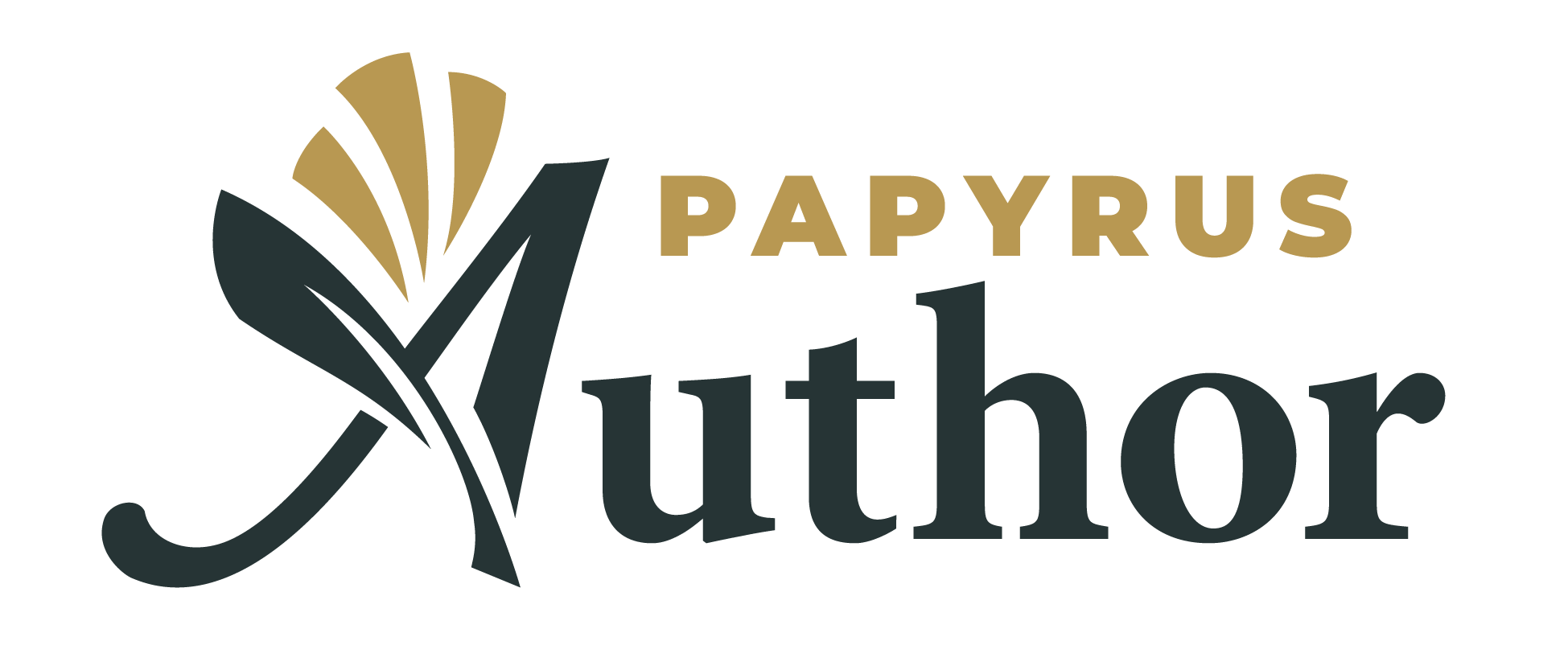The “Papyrus Base” section of the Papyrus Author “Preferences” contains all settings for the table display, the entry form, the dialogs and the global settings that are valid throughout Papyrus Base.
The “Text Macros” used in Papyrus Author can also be used in Papyrus Base. The same goes for the spellcheck.
Hitting the “Close” button will save your changes for the next time you use Papyrus Base.
Table Display and Entry Form
Under “Table Display” (“Preferences” → “Papyrus BASE”) you can determine how your database will look. Here you can choose the font for the table display in the main window and the line spacing.
There are two ways to select records: select a record simply by clicking on it, which will deselect all other records (select multiple records by pressing the ![]() or
or ![]() key), or select multiple records by clicking on them one by one without deselecting the other records.
key), or select multiple records by clicking on them one by one without deselecting the other records.
Then there is the option for new records, with which you can decide whether they should be immediately sorted into the table or be placed at its end.
The last checkbox on this dialog page lets you decide whether you would like to see the full file path for the database in the title bar.
In the “Entry Form” page you can turn the icon titles in the toolbar on and off and choose settings for the ![]() Tab,
Tab, ![]() , and
, and ![]() Return keys.
Return keys.
Dialogs
Here you can decide whether certain prompt dialogs should appear at all, and if they are to appear, what they should do.
The first part of this dialog offers you choices for prompts that can appear before important actions are carried out in Papyrus Base.
With “Report Icon in Entry Form” you to decide whether a single-click on the report icon will open the “Report” dialog or whether the icon should immediately execute the default report (useful if you know you would always like to generate the same report).
Viewer
Papyrus Author is suitable as an archive and file manager for various files on your hard drive and can open fitting media players to play the files automatically. You can set in the “Viewer” dialog which file types should be played with which media player.
Memory
Here you can determine how larger databases will be loaded into the memory. This allows you to optimize your hard drive access and save energy (read and write operations will always be written into the *.log file to keep your data safe).
Alarm Databases
Here you can set which databases should be checked for any alarms that have gone off when you open Papyrus Base.
